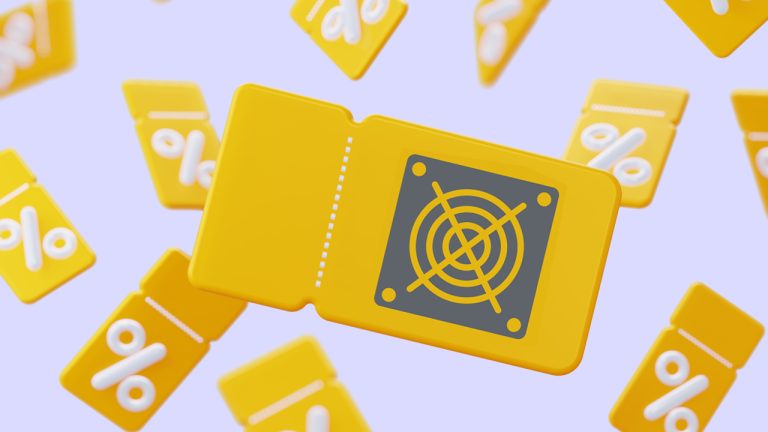
An immediate appeal could potentially jeopardize the SEC’s “entire enforcement agenda” if it ends up losing, said Katie Haun of Haun Ventures.
A former federal prosecutor turned chief executive of a crypto-focused venture capital fund says she would be “surprised” if the United States securities regulator lodges an immediate appeal against the Ripple case ruling, as it currently benefits from lack of “legal clarity.”
On July 13, Judge Torres granted a partial summary judgment in favor of Ripple Labs regarding XRP’s status as a security. At the time, a few commentators warned that an appeal from the SEC would be a possibility.
However, in a July 15 Twitter thread, Haun Ventures CEO Katie Haun explained that the securities regulator will likely stay quiet as it benefits from the “current confusion” and that losing an appeal could jeopardize its future enforcement actions.
Some non-legal advice musings on the Ripple decision, including two main takeaways:
— Kathryn Haun (@katie_haun) July 15, 2023
1/ The Court drew a reasonable line and overall it's a good outcome for the industry. For other suits w/ the SEC, we believe the Supreme Court’s “major questions doctrine” will play a larger…
“Anything is possible, but an immediate appeal seems unlikely both because the agency would have to ask the court to split this decision from the portion going to trial and because I’m skeptical the SEC actually wants legal clarity,” said Haun.
“The Commission benefits from the current confusion and losing these issues on appeal would jeopardize its entire enforcement agenda. So I’d be surprised if the SEC tried to appeal now.”
Haun is but the latest commentator to share the view.
On July 15, Ripple Labs CEO Brad Garlinghouse also believes it may “take years” before the SEC lodges an appeal. He added that an appeal by the SEC would only reinforce Judge Torres’ decision that XRP is not a security.
In a video posted on YouTube on the same day, U.S. lawyer and Ripple commentator Jeremy Hogan said he believes the SEC will launch an appeal after the trial between SEC and Ripple ends, which is scheduled for early 2024.
The SEC is currently suing crypto exchanges Binance and Coinbase over alleged violations of securities laws. Some believe the recent Ripple case ruling, while not a binding precedent, could have an impact on the outcome of the cases.
Related: Ripple decision is 'troublesome on multiple fronts', says former SEC official
Meanwhile, many crypto commentators and lawmakers have called for Congress to take action and give legal clarity to crypto in light of the recent ruling.
Brian Quintenz, former commissioner of the Commodity Futures Trading Commission — now head of policy for venture capital fund a16z crypto — stated that the recent Ripple court ruling “only results in more uncertainty for entrepreneurs and builders.”
U.S. Senator Cynthia Lummis said the ruling underscores the urgent need for Congress to establish a clear and comprehensive regulatory framework for the cryptocurrency industry.
Magazine: Crypto regulation: Does SEC Chair Gary Gensler have the final say?






